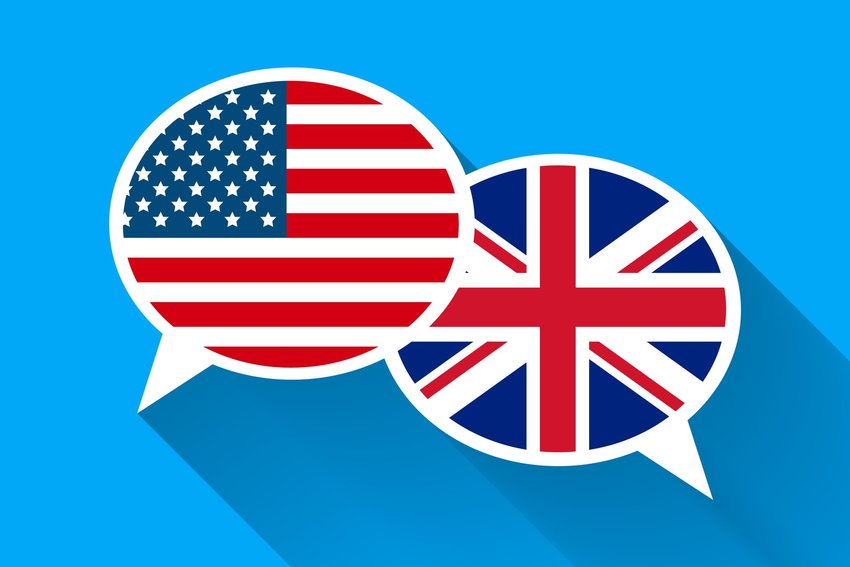Even among fellow English speakers, pronunciation is a curious thing. You could be watching your favorite British crime drama and have to turn on the captions just to understand it. And sometimes foreign visitors to the U.S. find themselves asking for people to repeat themselves. Here are eight words that Americans pronounce differently from everybody else.
Herb (Erb vs. Her-b)
You know those plants you grow in your window sill and add to your salads and breads? Americans ignore that first H (ay-ch), making the word sound like "Erb" while the Brits most assuredly say "Herb" with that ay-ch sound.
The Letter Z (zee vs. zed)
“A, B, C, D, E, F, G…W, X, Y, and Z” — It’s the song we all learned as children, and it ends in “zee,” unless you’re from any country that learned the Queen’s English. They all say “zed.” So did Americans get it wrong when crossing the ocean? It seems so, especially considering the British adopted the letter from the Greek "zeta" which utilizes the same vowel sound.
Crayon (cran vs. cray-on )
What is that thing children color with that comes in a box of 8, 16, 24, or 96? It’s called a “cran” — unless you aren’t an American, and then it’s a cra-yon. This one has its nuances across the U.S., with some regions following the rest of the world in their dual-syllable pronunciation.
Buoy (boo-ee vs. boy)
If you ever find yourself lost at sea you might not care about the correct pronunciation, but nonetheless there is a discrepancy over that floating marker in the water. Americans elongate the word with two syllables (boo-ee), while the British pronunciation is the short and sweet “boy.”
Foyer (foy-yer vs. foy-yay)
Here’s an example of French pronunciation gone wrong. If you’re lucky enough to have the space for a special entryway area, you might as well call it something fancy. But Americans have tarnished the pronunciation, calling it a “foy-yer” instead of the French “foy-yay.”
Mobile (mo-bul vs. mohb-aisle)
Ring! Ring! There goes your phone. If you’re in the U.S. you probably answer your cell. But if you’re anywhere else, it’s your mobile (pronounced mohb-aisle). When Americans talk about mobile, they pronounce it mo-bul, unless of course they're referring to the Bat Mobile, which introduces yet another pronunciation, mo-beel.
Nadine (n-AY-deen vs. n-UH-dine)
Now we get to the names portion of this list. Which is the correct pronunciation? Whichever one your mother gave you. But you can divide up the choices across border lines. Most Americans pronounce it “n-AY-deen.” If you’re a Nadine, don’t be offended if you hear another version on your travels.
Cecil (See-sil vs. Seh-sil)
Another good old-fashioned name to add to the list. See-sil is definitely the more American way of pronouncing it, but Seh-sil sounds way more posh. If you want to add a tweed coat and a monocle to your wardrobe, you can go with Seh-sil.
